The Carbon Cycle
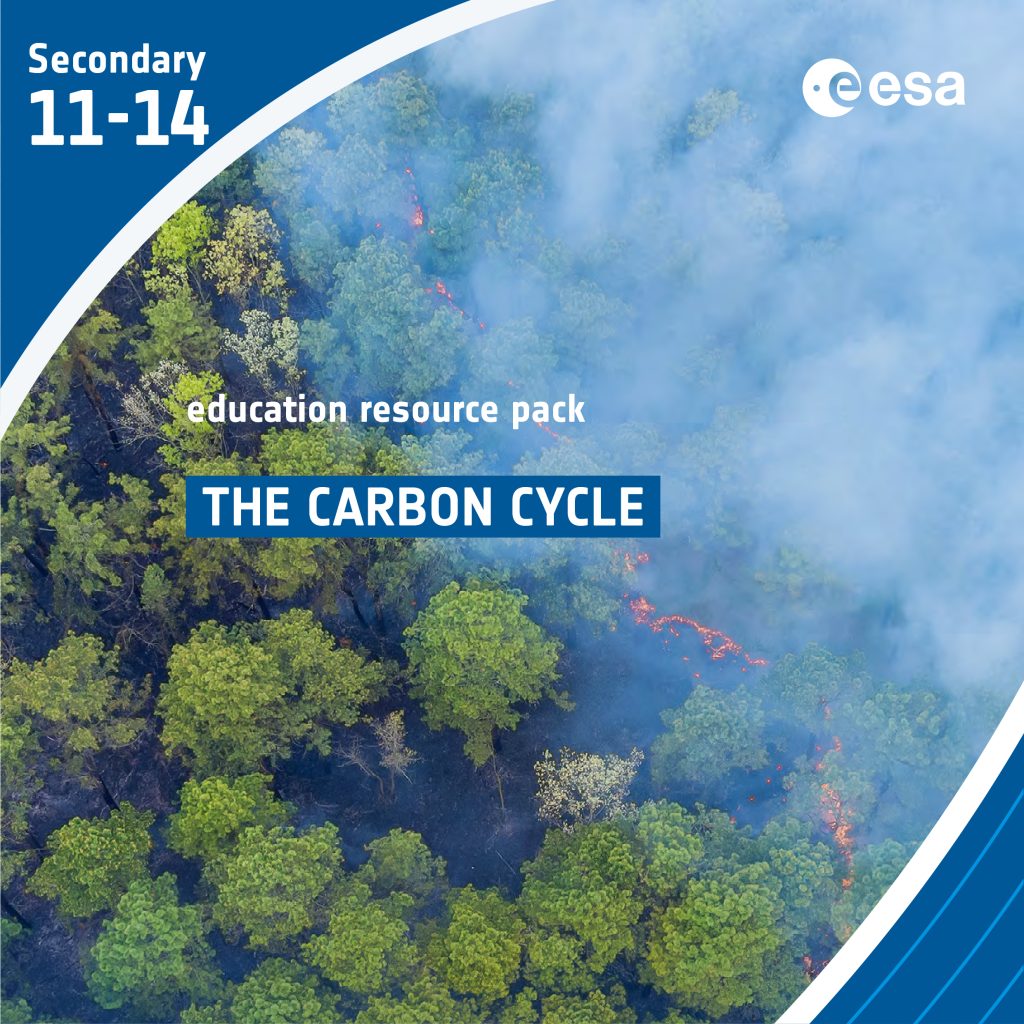
Brief description In this set of three activities, students will learn about the carbon cycle and use it to identify actions at the individual and community level to reduce the amount of carbon being emitted to the atmosphere. A practical activity using household materials considers the impact of ocean acidification, allowing students to design a […]
A Passage opens – Arctic sea ice and climate change

Brief description In this set of three activities, students will discover the important role Arctic sea ice plays in the Earth’s climate system. The activities are set in the context of the Northwest Passage. The first activity is a mathematical investigation into sea ice melt rate to illustrate what is meant by Arctic amplification. A […]
Country under Threat – The prospects for life on small islands
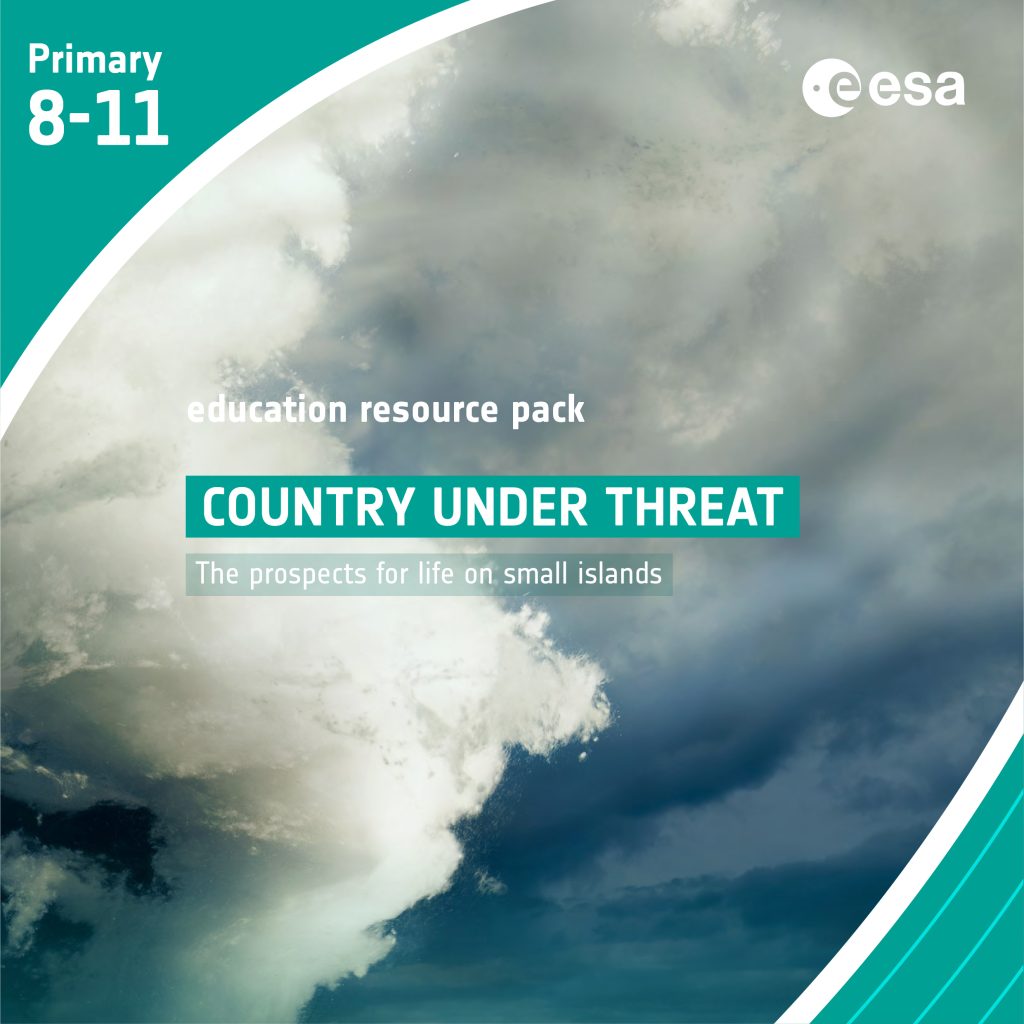
Brief description In this set of four activities pupils will learn about the causes and potential impacts of sea-level rise while developing core scientific skills. The activities introduce the context by using a case study and students will develop instructional writing skills. Practical activities exploring two of the main contributors to sea-level rise give opportunities […]
The Water Cycle
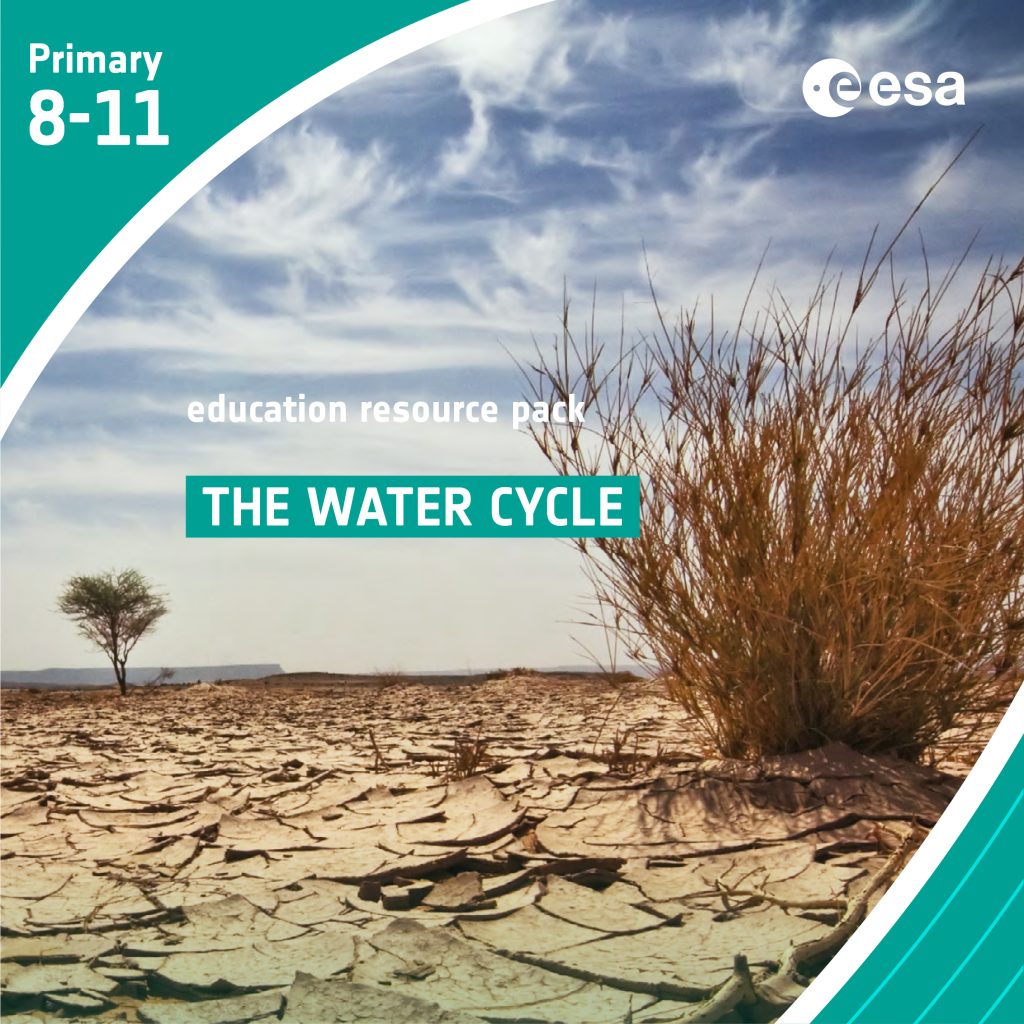
Brief description In this set of six activities, students will learn about the water cycle and, in particular, how water in the soil contributes to the cycle and responds to changes in it. A set of practical activities allow students to look more closely at the processes of evaporation and condensation from free water and […]
Is ozone good or bad? -The discovery of the Antarctic ozone hole
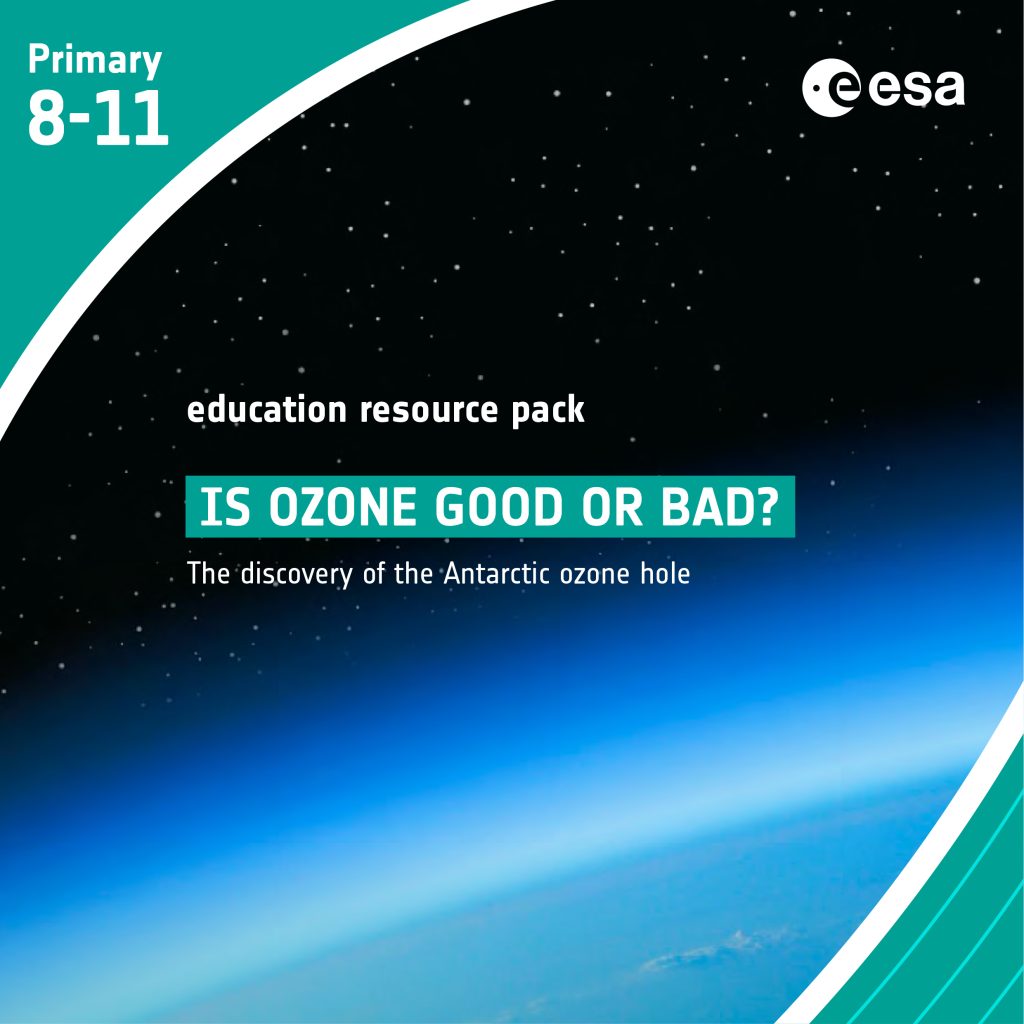
Brief description In this set of three activities, students will learn about ozone and the impacts – good and bad – it has on life on Earth. The first activity gives an overview of these effects, outlines how ozone is measured and introduces the story of the Antarctic ozone hole. There is a practical activity […]
The Magic of Light – Using spectroscopes and colour wheels to study the properties of light

Brief description In this set of eight activities, pupils work individually or in groups to build a spectroscope that can be used to look at light sources possibly including the Sun, LEDs, and a screen. By doing this they will understand that white light can be broken down into many different colours, and that complex […]
Earth under the lid – Understanding the greenhouse effect

Brief description In this set of two activities, pupils will learn about our atmosphere and the greenhouse gases that it consists what allow the Earth to be a habitable planet. Without them, life as we know it would not exist. Unfortunately, however, the increase in human-produced greenhouse gases is altering the “normal” quantity of these […]
Nose up high in the sky – Observing and measuring weather conditions

Brief description In this set of three activities, students will learn how their senses and instruments can be used to describe and measure weather conditions. As an introductory activity, students will analyse local proverbs related to the weather. Then, they will use their senses to make weather observations and to learn how to describe the […]
One year on Earth – Understanding seasons

Brief description This resource includes two activities to foster and enhance pupils’ knowledge of seasons, and focuses on the basic mechanism behind different seasons on Earth. The resource is divided into different parts, therefore enabling a gradual acquisition of the topic and content. The starting point is a general discussion about seasons by considering the […]
The ice is melting – How can we investigate the effects of melting ice?
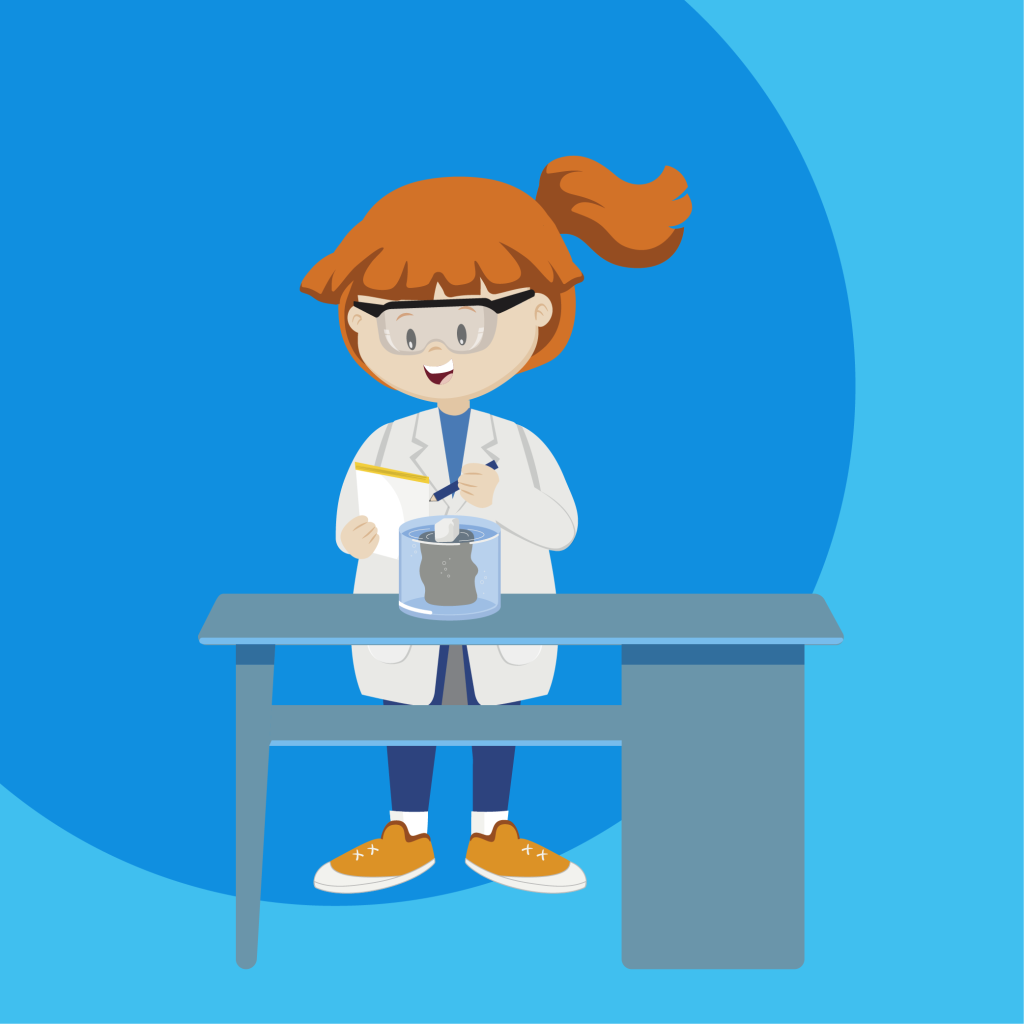
Brief description In this set of four activities, pupils will explore the impacts of global warming and melting ice on the Earth. They will learn the difference between land ice and sea ice, and will investigate the respective effects of these melting. They will then design their own experiment to examine how melting ice changes […]

